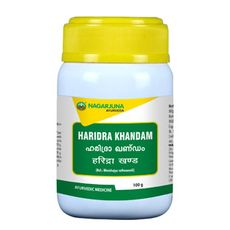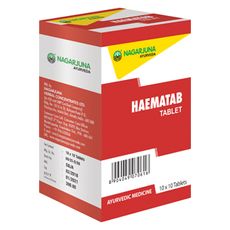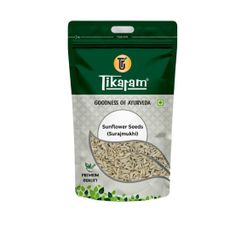 Where should we deliver your order?
Where should we deliver your order?Sunflower Seeds (Surajmukhi Beej): Benefits, Nutrition, Side Effects and How to Use

The sunflower seeds are worldwide known for their health benefits. The seeds are highly efficient compared to oil. It is rich in healthy fats, vitamins, and minerals; it helps lower cholesterol, triglyceride, and low-density lipoprotein (LDL) and prevents atherosclerosis. It is heart-friendly, rich in Vitamin E, particularly effective against Dermatitis or Eczema, and known as a natural healer.
This article is written/approved by:

Dr. Shivani Nautiyal
Dr. Shivani Nautiyal is a renowned Ayurvedic physician, Panchakarma therapies specialist, and detox expert who has made significant contributions to the field of natural holistic healing and wellness. With her profound knowledge, expertise, and compassionate approach, she has transformed the lives of countless individuals seeking holistic health solutions. She is a Panchakarma expert, which are ancient detoxification and rejuvenation techniques. She believes in the power of Ayurveda to restore balance and harmony to the body, mind, and spirit.

 Health Concern
Health ConcernThe DASH Diet: A Guide to Managing Blood Pressure Through Nutrition
 Satyam KumarFeb 17, 2026
Satyam KumarFeb 17, 2026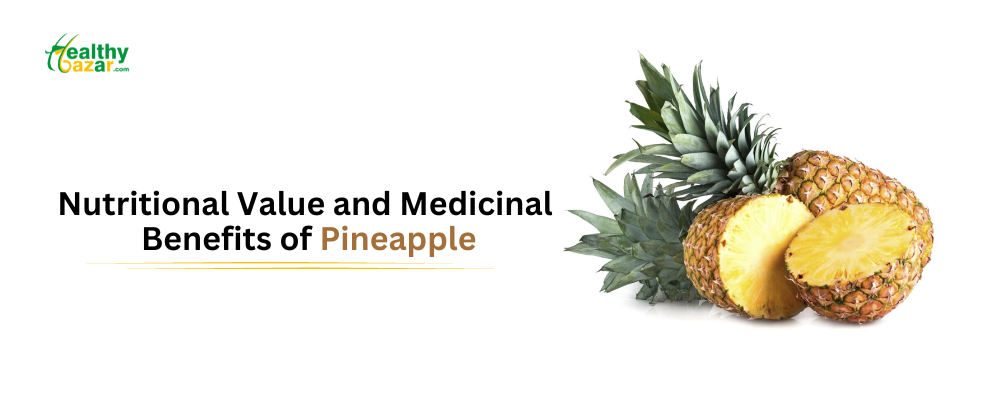 Herbal remedies
Herbal remediesNutritional Value and Medicinal Benefits of Pineapple
 Herbal remedies
Herbal remediesChervil: A Multifunctional Miraculous Nutritional Herb
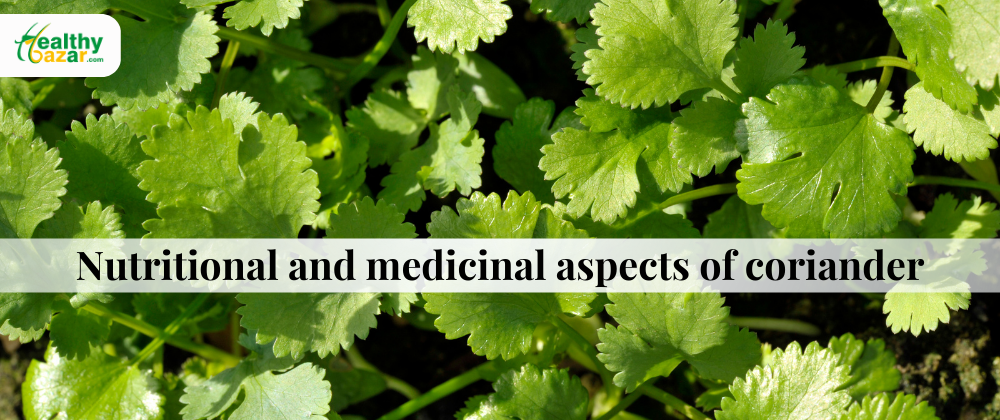 Herbal remedies
Herbal remediesNutritional and medicinal aspects of coriander









